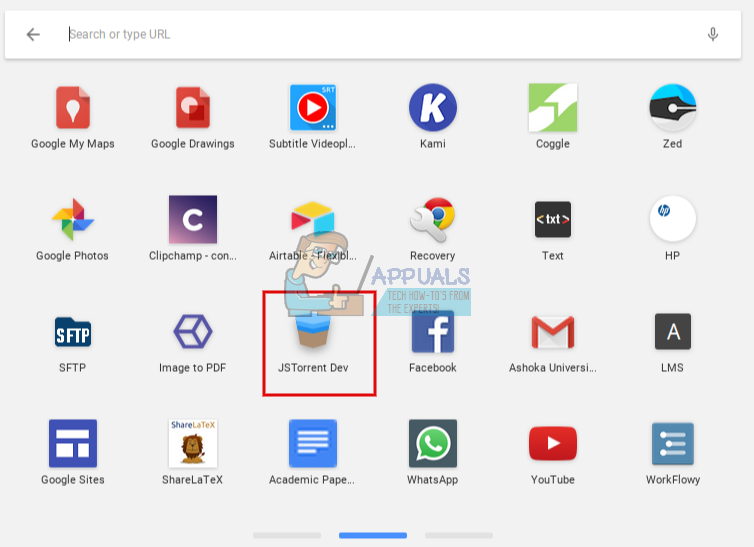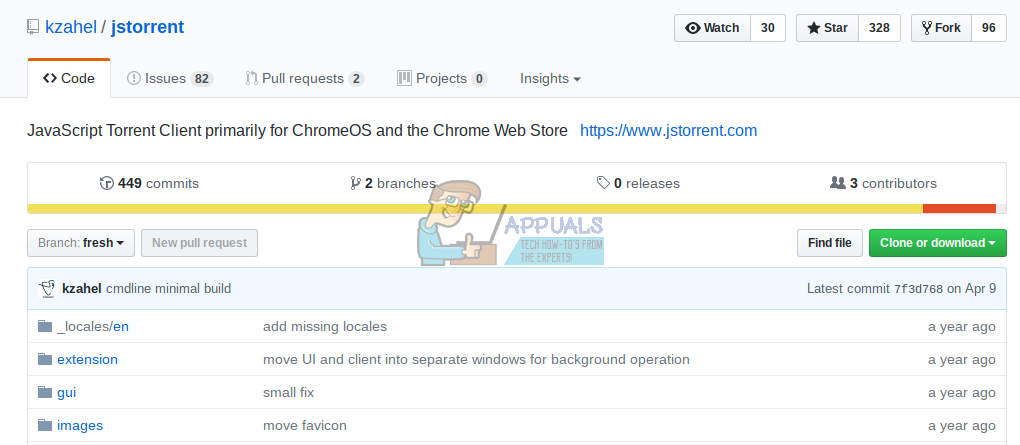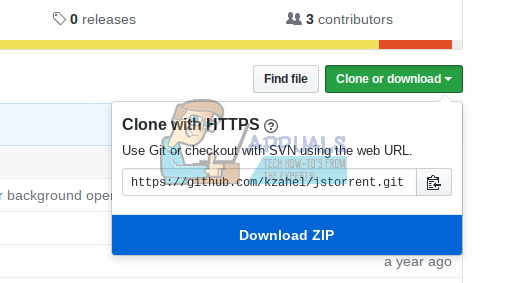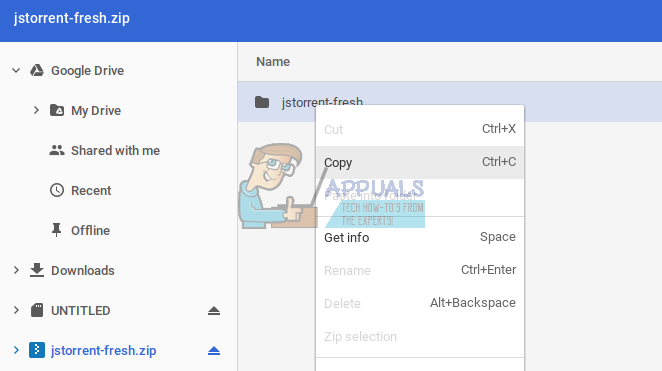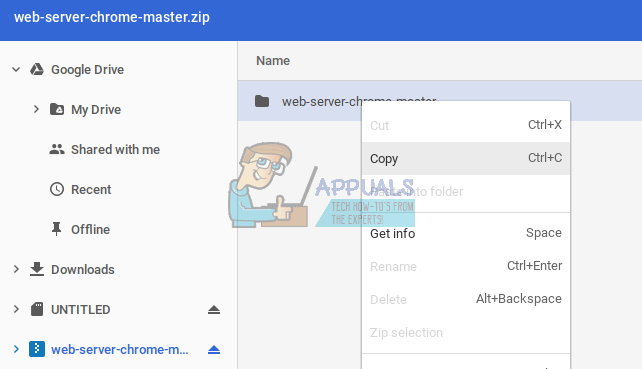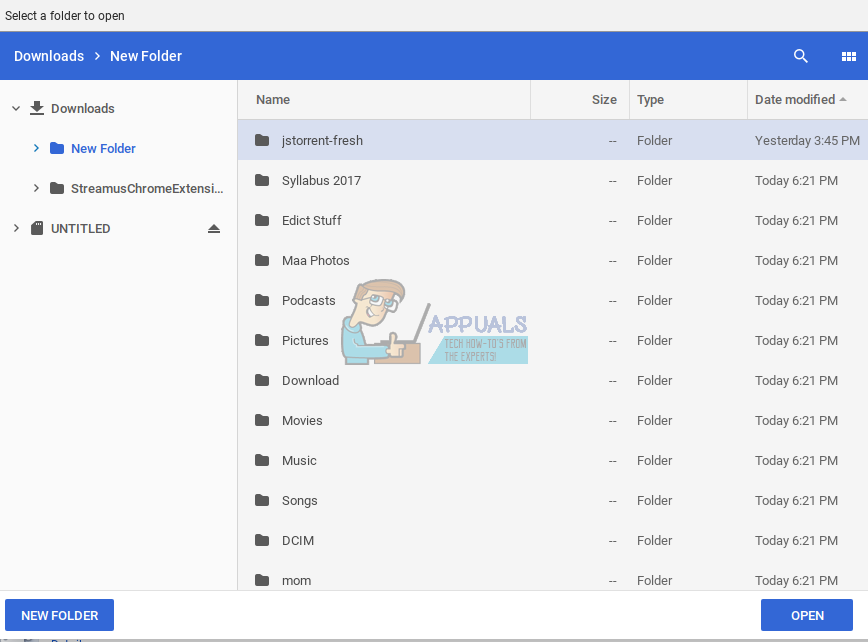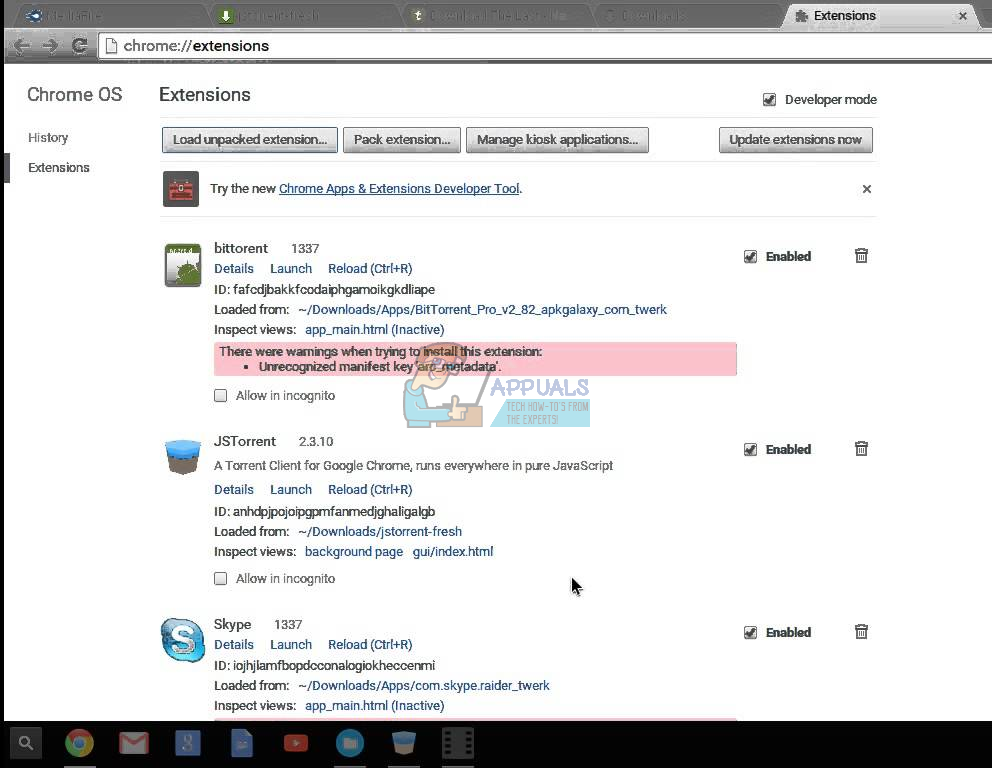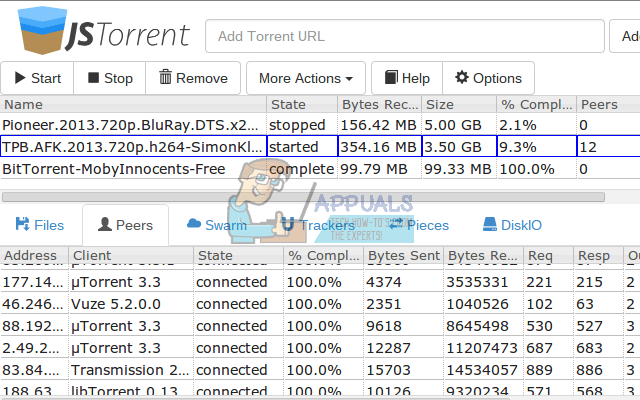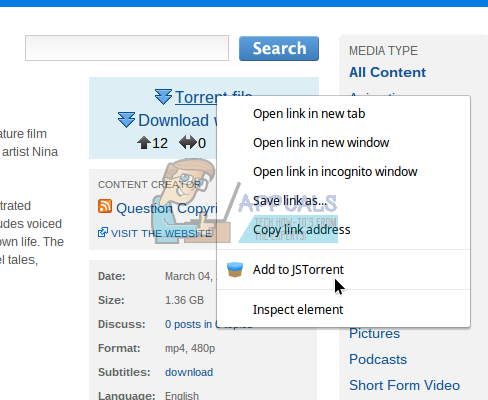JSTorrent is a javascript based torrent client on the Chrome Web Store. It is a paid application, and costs $2.99 for a simple download. The developer of the application has made the app available for free through Github, and we will show you how to get this app for free by doing a bit of tweaking. If you want a straightforward, one-click download, though, you should consider paying for the app. It’s not a bad thing to support a hard working developer, anyway.
How to Get the Paid Version
Step 1 – Click on this link to land on the JSTorrent download page. Step 2 – Click on ‘Buy for $2.99’, and complete the payment process. The application will then automatically be downloaded on your Chromebook, and you will be able to access it through the app drawer. If you have installed JSTorrent successfully, scroll down to the last part of the article for some tips on how to use JSTorrent.
How to Get the Free Version
Ah, so you decided to be a true pirate and get the software to download free content for free. Well, it won’t come easy, but it isn’t all that tough either. Step 1: Go to the Github link and click on the green ‘Clone or download’ button on the top right corner of the website. Step 2 : Click on ‘Download ZIP’. The zip file for JSTorrent should start downloading. Step 3 – Download the ZIP for Web Server Chrome from Github in the same manner. Step 4 – Extract the ZIP files Since you cannot extract ZIP files directly on Chrome OS, double click on the zip file so that it opens as a mounted drive. You will notice the zip file mounted on the left sidebar of the Files app. Click on it, and you will see a folder called ‘jstorrent-fresh’. Copy and paste it onto your Downloads folder. (For a more detailed guide on unzipping, click here) Repeat the same process for the web-server-chrome-master.zip. Copy and paste the file named ‘web-server-chrome-master’ onto your Downloads folder. Step 5 – By now, you have both folders ‘jstorrent-fresh’ and ‘web-server-chrome-master’ in your Downloads. Rename the folder ‘web-server-chrome-master’ to ‘web-server-chrome’, and copy it. Step 6 – Open the ‘jstorrent-fresh’ folder. Inside it, you will find a subfolder ‘js’. Paste ‘web-server-chrome’ inside the ‘js’ folder. Step 7 – Go to chrome://extensions using your Google Chrome address bar. On the top right corner of the site, check ‘Developer Mode’. Step 8 – Click on ‘Load unpacked extension’, which will be right under the ‘Extensions’ heading. It will prompt you to ‘Select a Folder to Open’. Step 9 – Select the ‘jstorrent-fresh’ folder, and open it. That’s it. You should now see JSTorrent listed under your extensions. Once installed, do not delete the required folders from your Downloads folder. Doing so will remove your installation of JSTorrent.
How to Download Using JSTorrent
The layout of JSTorrent is very similar to those of the classic torrent clients, so you will be pretty familiar with the interface. There are a couple things to keep in mind on Chromebooks, though. The first thing you will have to do after opening JSTorrent is setting a download location, where all your downloaded content will be stored. The app provides a walkthrough on how to set the download location, which is pretty easy to follow. The other thing is that on Chrome OS, clicking on a torrent link won’t automatically launch the torrent client to start downloading. You will have to copy the link address of the torrent file, and paste it in the ‘Add Torrent URL’ bar inside JSTorrent. Once you click ‘Add’, the torrent will start downloading. If you find that inconvenient, and would rather launch JSTorrent from the torrent link, install the JSTorrent Helper Extension from the Chrome Web Store. This extension will add a context menu option ‘Add to JSTorrent’ whenever you right click on a torrent link. This should make your pirate life much easier on Chrome OS. With JSTorrent, Chrome OS’ torrent capabilities become at par with other traditional operating systems. That’s one hurdle that Chrome OS managed to cross. Visit our page on Chrome OS for more tips on getting the most out of your Chromebook.
How to set-up and use multi-touch gestures on the Chromebook TouchpadHow to Rotate the Screen on ChromeBook?How to Run Windows Software on a ChromebookHow to Install Windows on Chromebook

